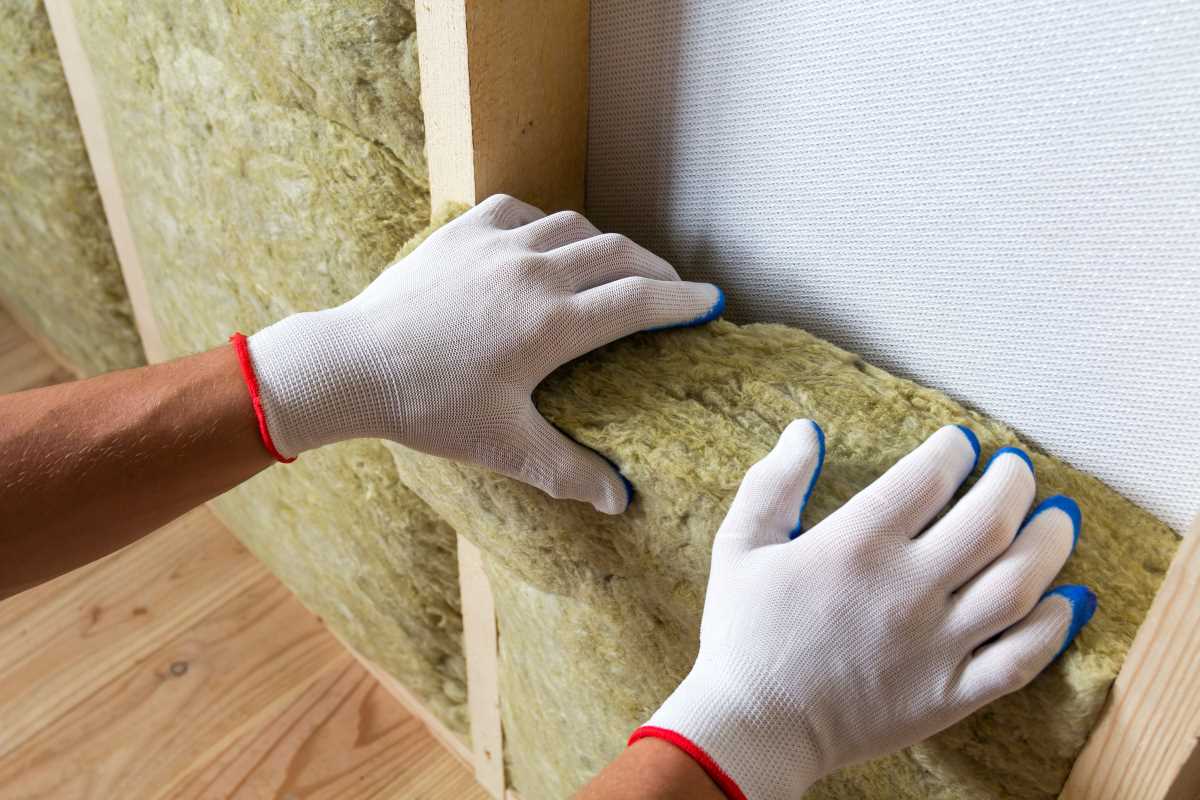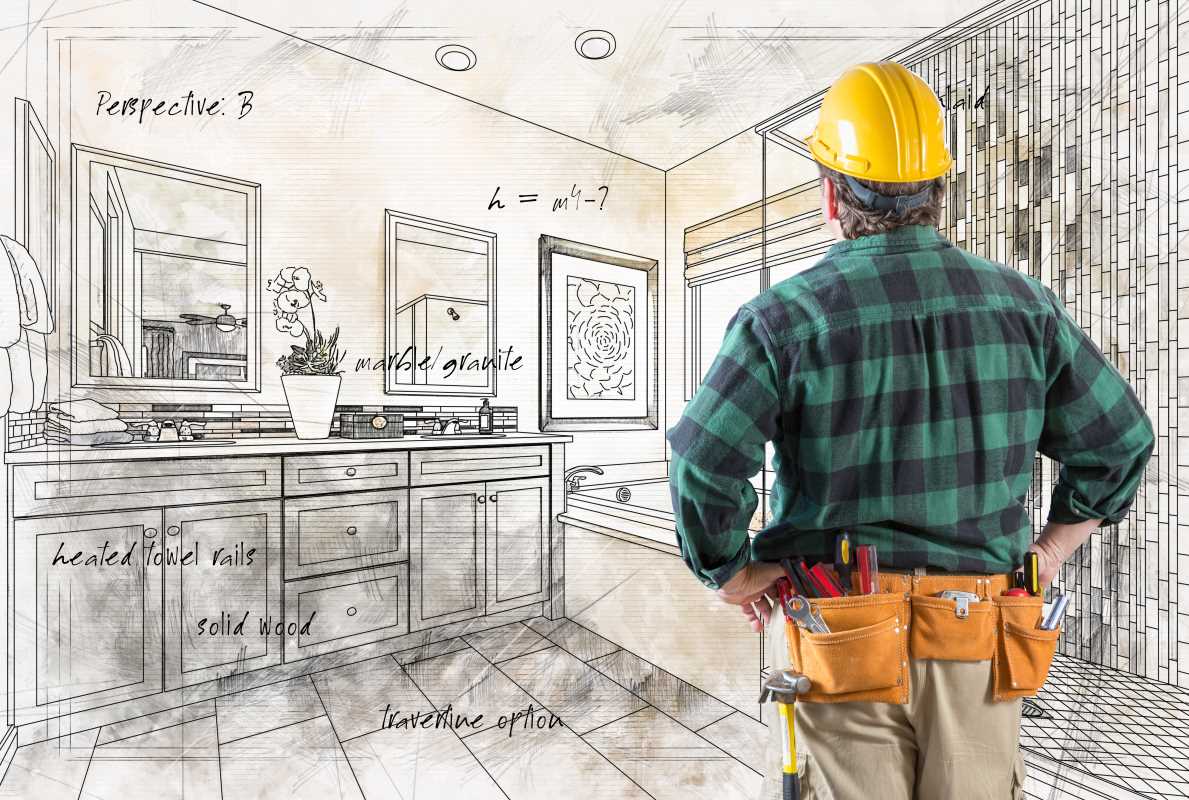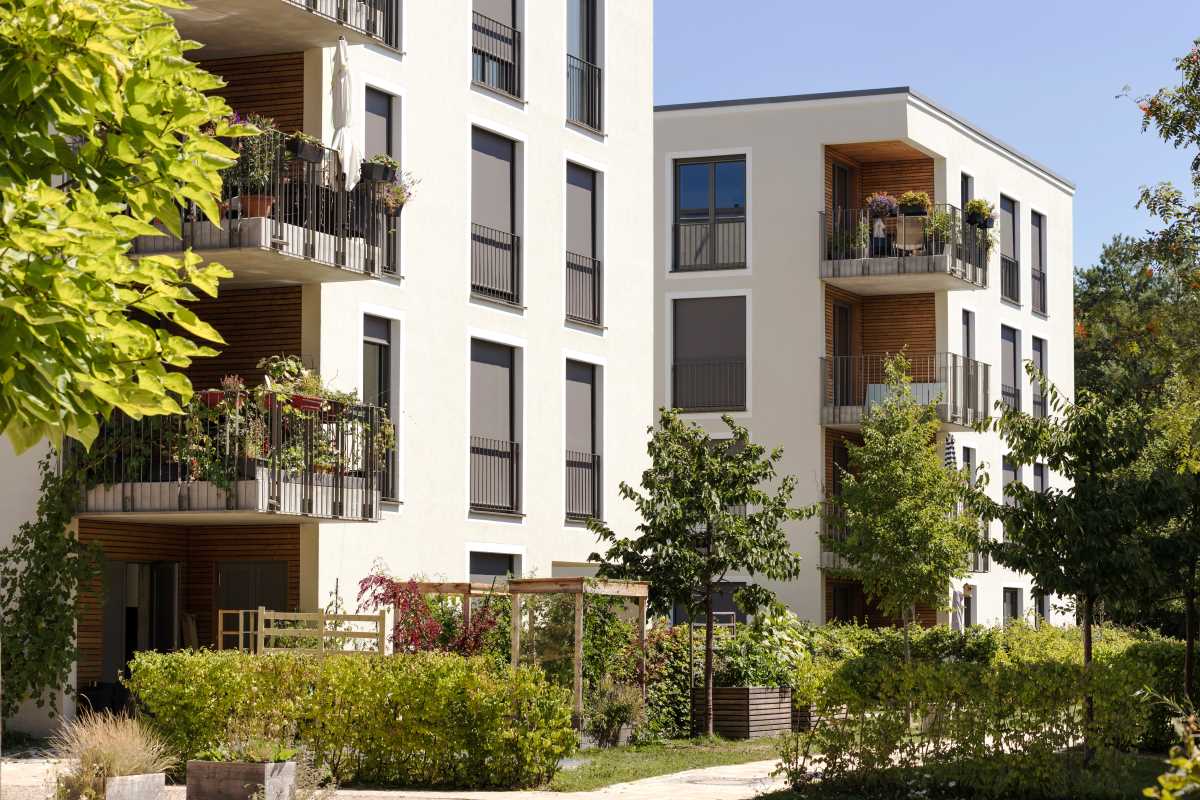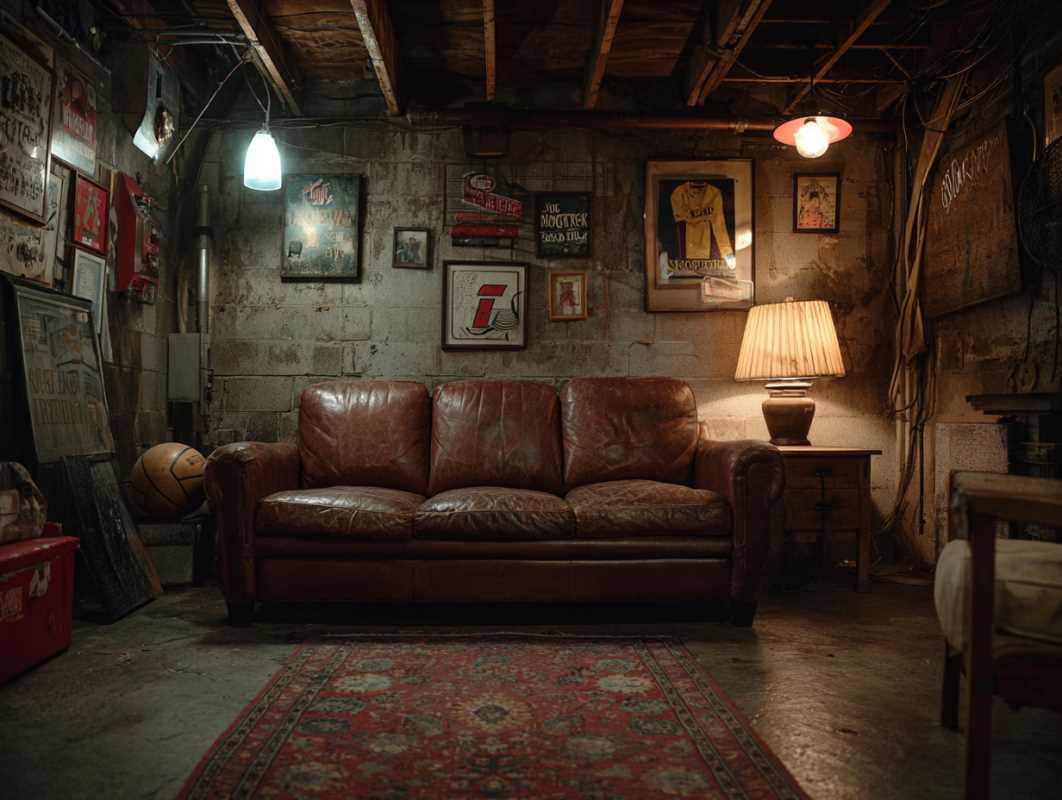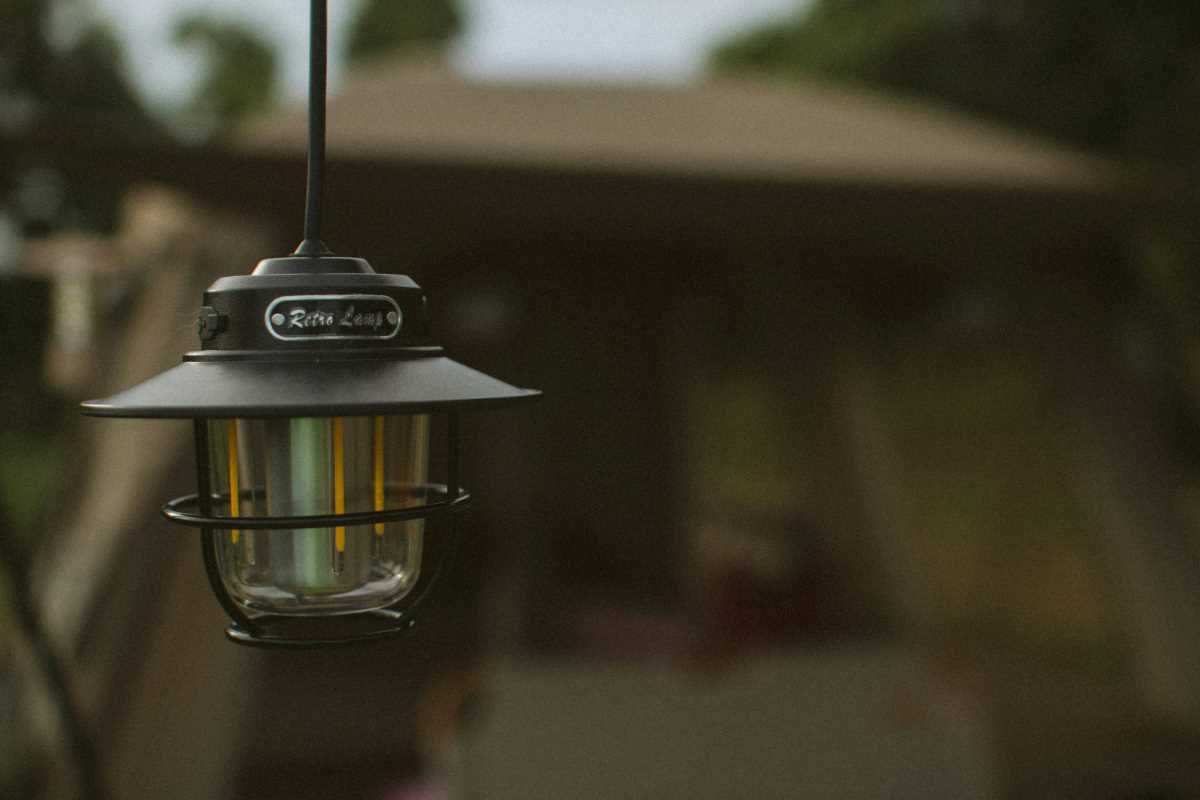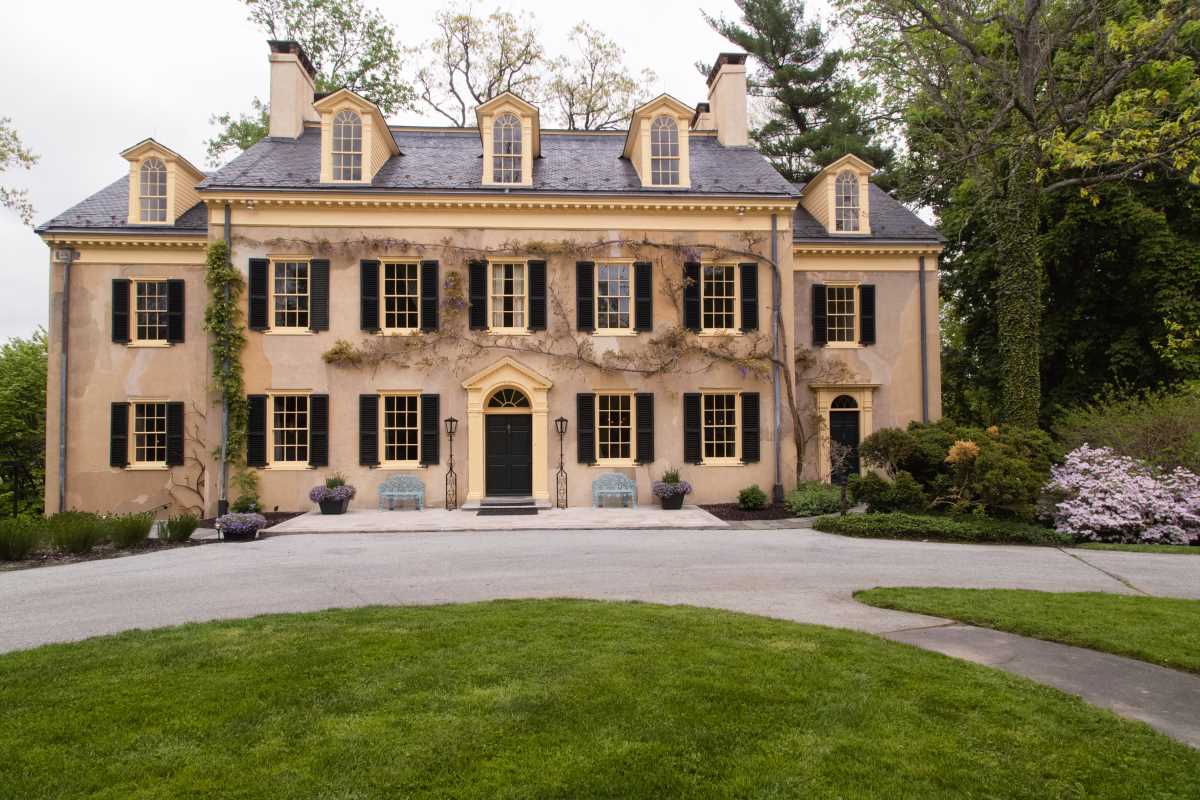Living in an apartment comes with its own set of challenges, and one of the most common is dealing with unwanted noise. Whether it's loud neighbors, bustling streets, or household sounds from other units, excessive noise can disrupt your peace and quiet. Soundproofing your apartment walls creates a more serene living environment without breaking the bank. In this article, we'll explore affordable and practical methods to help you soundproof your apartment, ensuring that you can enjoy your space in tranquility.
Understanding Soundproofing Basics
Before diving into the techniques, it's essential to grasp the fundamentals of soundproofing. Soundproofing involves reducing or eliminating unwanted noise from entering or leaving a space. This can be particularly important in apartment settings where walls are often thin and shared with neighbors.
- Airborne Noise: Sounds that travel through the air, such as conversations, music, or TV.
- Flanking Noise: Noise that travels around barriers, such as through gaps or cracks around doors and windows.
- Structural Noise: Vibrations that pass through building structures, causing sound to travel between walls and floors.
Understanding these different types of noise helps in selecting the appropriate soundproofing methods to address specific issues within your apartment.
DIY Soundproofing Techniques
- Seal Gaps and Cracks: Use weatherstripping or acoustic caulk to seal any gaps around windows, doors, and electrical outlets. This prevents sound from leaking through these openings.
- Add Mass to Walls: Hang heavy curtains or tapestries on your walls. Adding mass helps to block and absorb sound waves, reducing noise transmission.
- Install Acoustic Panels: Purchase or DIY acoustic panels and place them strategically on your walls. These panels absorb sound, minimizing echo and noise reflection within your space.
- Use Door Draft Stoppers: Place draft stoppers at the base of your doors to block sound from entering or leaving through the gaps underneath.
- Create a Bookcase Barrier: Position a filled bookcase against the shared wall. The books act as a barrier, absorbing and deflecting sound waves.
These DIY methods are not only cost-effective but also relatively easy to implement, making them ideal for renters who may have limited options for permanent modifications.
Using Existing Furniture and Seasonal Home Décor
Your existing furniture and décor can significantly contribute to soundproofing your apartment. Thoughtfully arranging and utilizing what you already have can enhance your apartment’s acoustics without additional costs.
For instance, placing sofas and armchairs against shared walls can act as sound absorbers, reducing the amount of noise that travels through the walls. Similarly, adding rugs and carpeted flooring helps to dampen sounds, particularly impact noise from footsteps or dropped objects. Decorative elements like wall hangings and thick curtains not only add aesthetic value but also contribute to minimizing sound reflections and echoes within your space.
By creatively using your current furnishings and incorporating elements from your seasonal home décor, you can effectively improve the soundproofing of your apartment without the need for expensive materials or professional installations.
Affordable Soundproofing Materials
- Mass Loaded Vinyl (MLV): A dense material that can be attached to walls to add mass and block sound transmission.
- Acoustic Foam Panels: Lightweight panels that absorb sound waves, reducing echo and improving room acoustics.
- Weatherstripping: Affordable strips used to seal gaps around doors and windows, preventing sound leakage.
- Soundproof Curtains: Heavy curtains designed to block external noise while also providing thermal insulation.
- Green Glue: A noise-proofing compound used between layers of drywall to dampen sound vibrations.
These materials offer effective soundproofing solutions without requiring a significant investment. Many of them are available at local home improvement stores, making them accessible for those looking to improve their apartment’s sound insulation on a budget.
Seeking Professional Help
While DIY methods can significantly improve your apartment’s soundproofing, there are instances where professional assistance may be necessary. Consulting a soundproofing professional might be the best course of action if you’re dealing with persistent or extreme noise issues that DIY techniques can’t fully address.
Professionals can provide tailored solutions based on your specific needs and the unique characteristics of your apartment. They can install advanced soundproofing materials and ensure that installations are done correctly to maximize effectiveness. If your lease allows, they can offer more permanent modifications that you might not be able to achieve on your own.
In summary, soundproofing your apartment walls doesn’t have to be a costly or complicated endeavor. By understanding the basics of soundproofing, implementing affordable DIY techniques, using your existing furniture and décor, and knowing when to seek professional help, you can create a quieter and more comfortable living environment. Take the first steps today to enhance your apartment’s tranquility and enjoy a more peaceful home.
